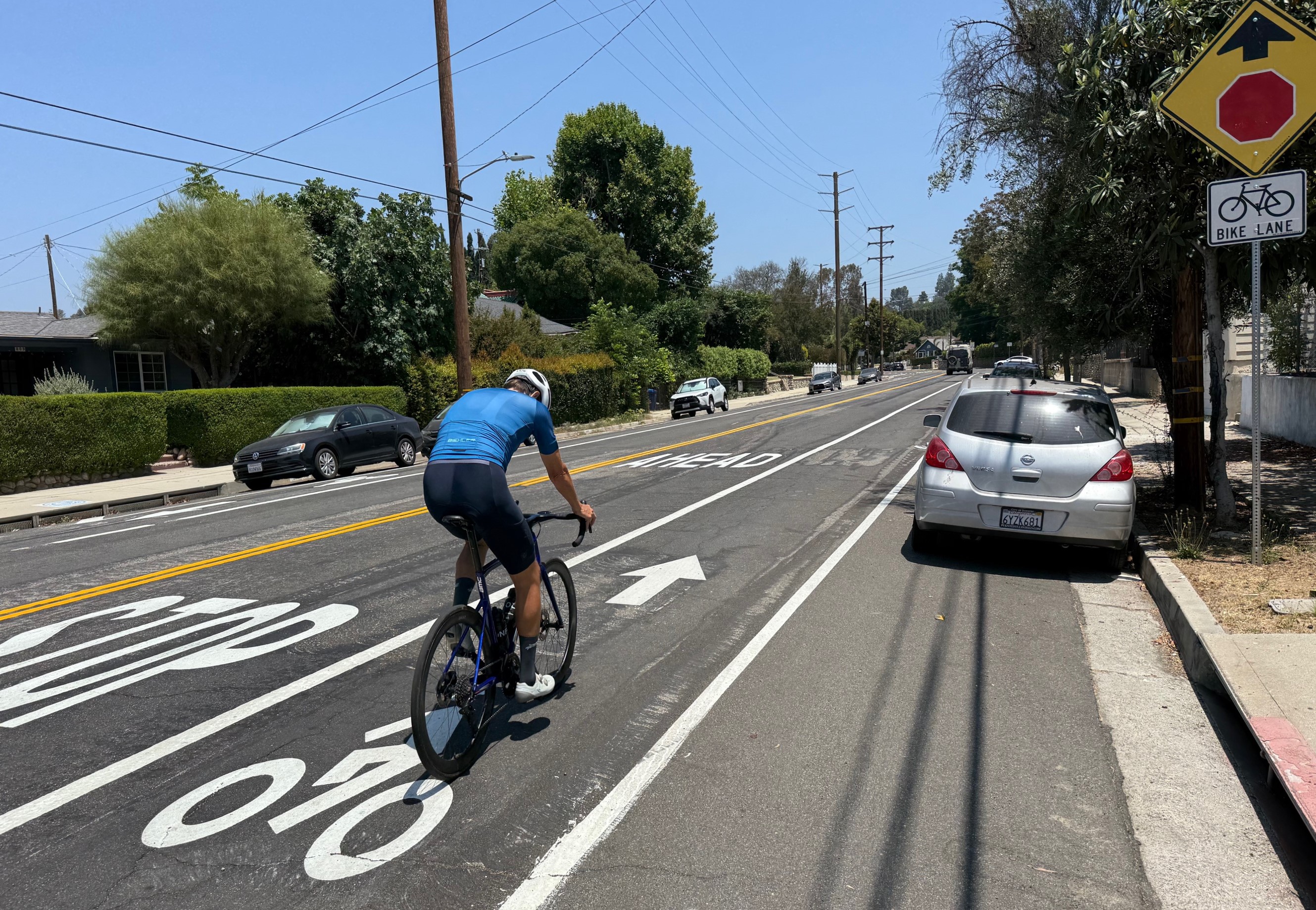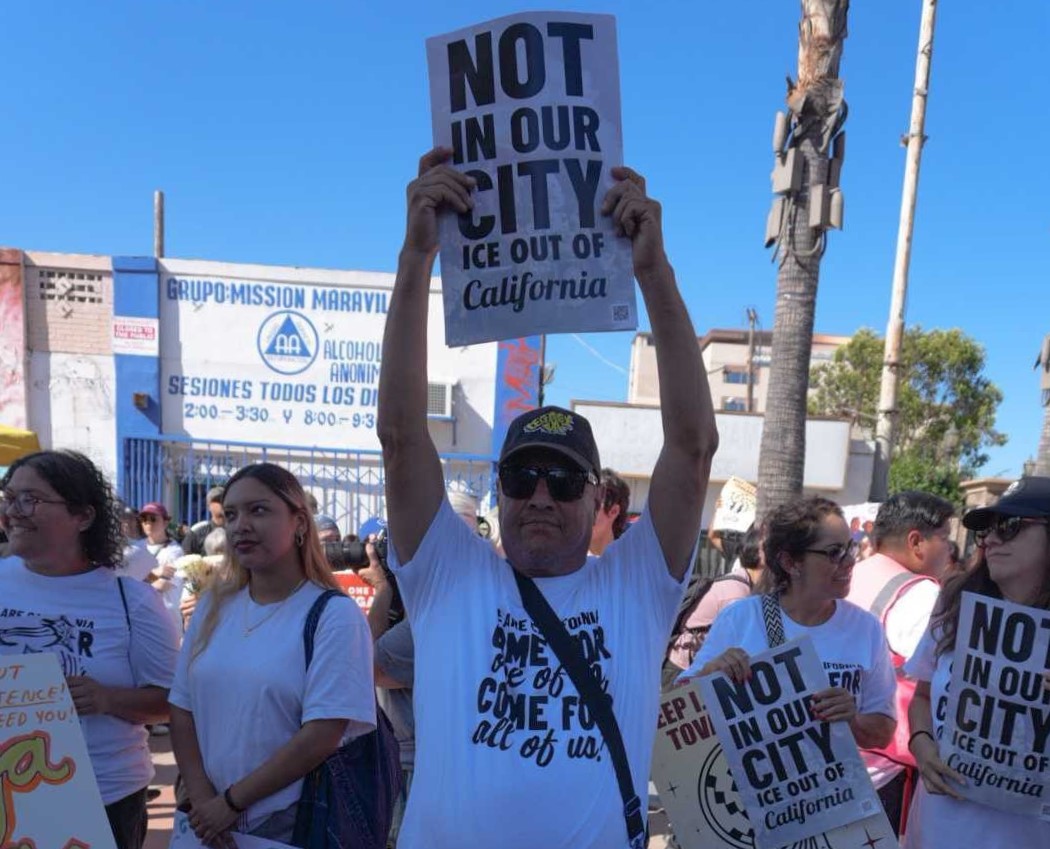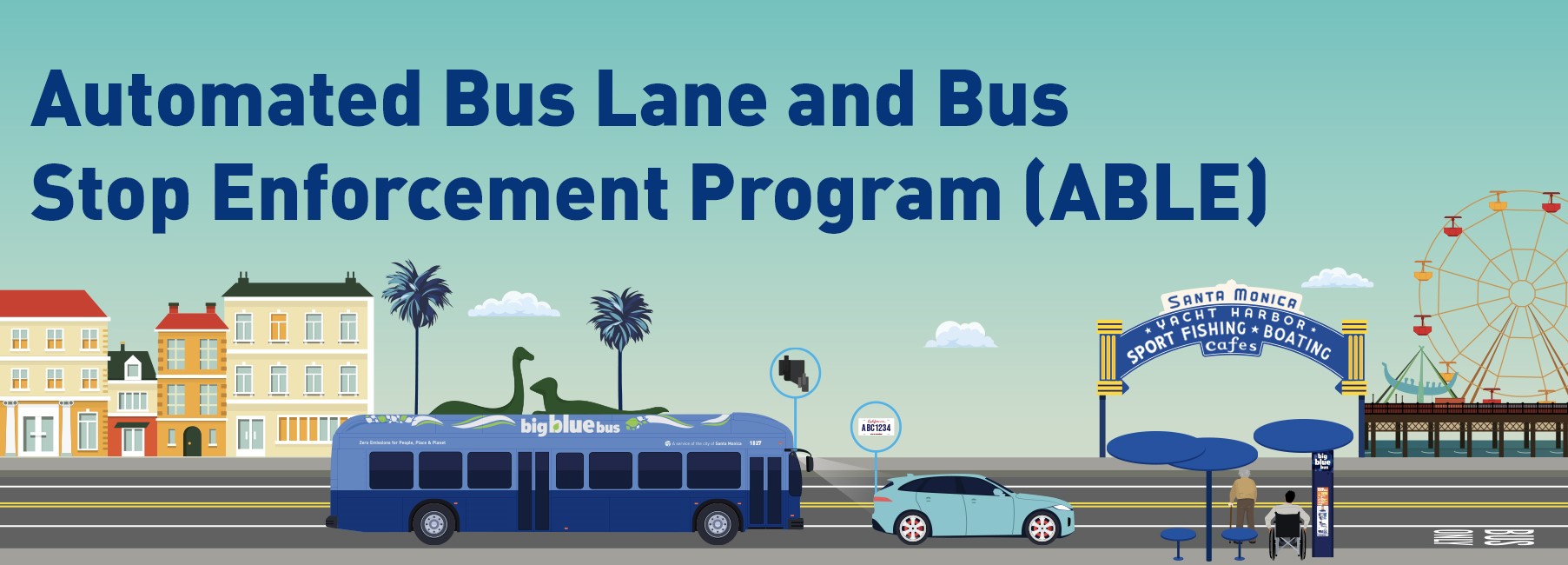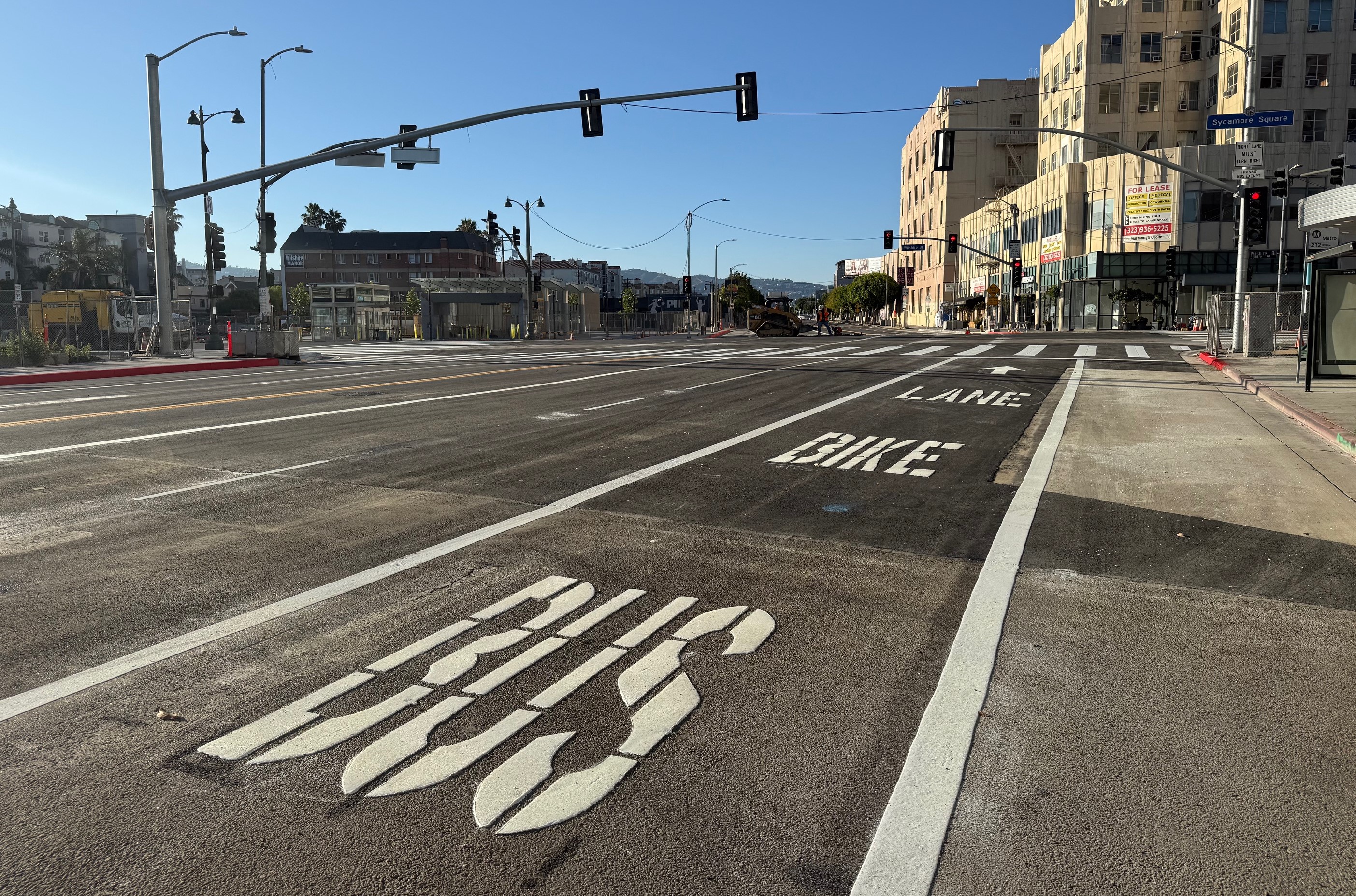The $787 billion economic stimulus effort was intended to be a model of
government transparency -- but a privately run website called
Recovery.org soon began beating out the government in the race to trace federal dollars. Now, as the Pew Charitable Trusts begins to expand its Subsidyscope fiscal monitoring project, some similar gaps in spending data are emerging.
 (Photo: Fog City Journal)
(Photo: Fog City Journal)A
joint project of Pew and the nonprofit Sunlight Foundation,
Subsidyscope began its work with the financial bailout and plans to
release a map of the government's transportation studies by this fall.
But as the site's researchers noted in a recent release, some major pieces of the puzzle are missing from USASpending.gov, the online federal-finances monitor created in 2006 by legislation with a notable champion: then-Sen. Barack Obama:
A link to a discussion of "Data Quality" is displayed prominently onevery page of the site, but the actual mechanism by whichUSASpending.gov tracks data quality seems woefully inadequate. The siteappears to simply measure the completeness of each record that isreported to it. Identifying missing parts of a record is useful, but itdoes nothing to identify when whole records are missing. ... Currently there is no means by which USASpending.gov canensure that it is receiving all of the records it should be.
Two sizable pieces of the nation's transport industry were altered in
government spending records, Subsidyscope found -- Amtrak's 2008 budget
was mysteriously halved, and the entire budget for the Merchant Marine
Academy was missing.
Those
discrepancies represent more than just a failure to comply with the
spirit of Obama's 2006 transparency law; they also underscore the
daunting task of attempting to reform transportation policy in an age
of mammoth imbalance
between federal support for highways and transit, as well as an
ingrained resistance to changing existing patterns of infrastructure
investment.
The government's thicket of counterproductive agriculture subsidies has been well-mapped by groups on the right and the left,
and Congress has still resisted any attempt to trim the system. Given
Subsidyscope researchers' difficulty in getting their arms around
transportation spending data, cutting subsidies in that sector is
likely to be even more challenging.






